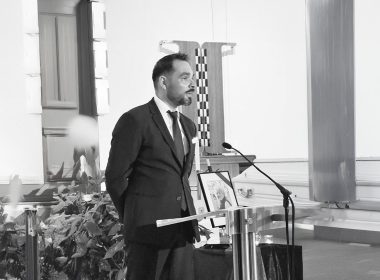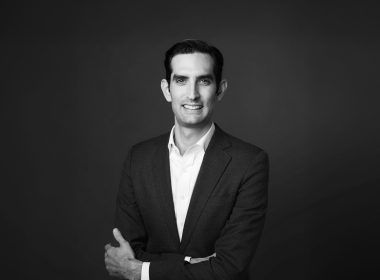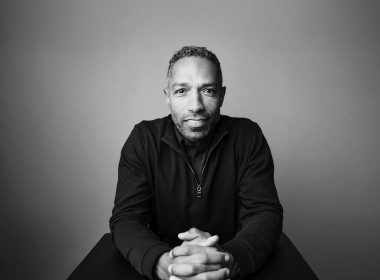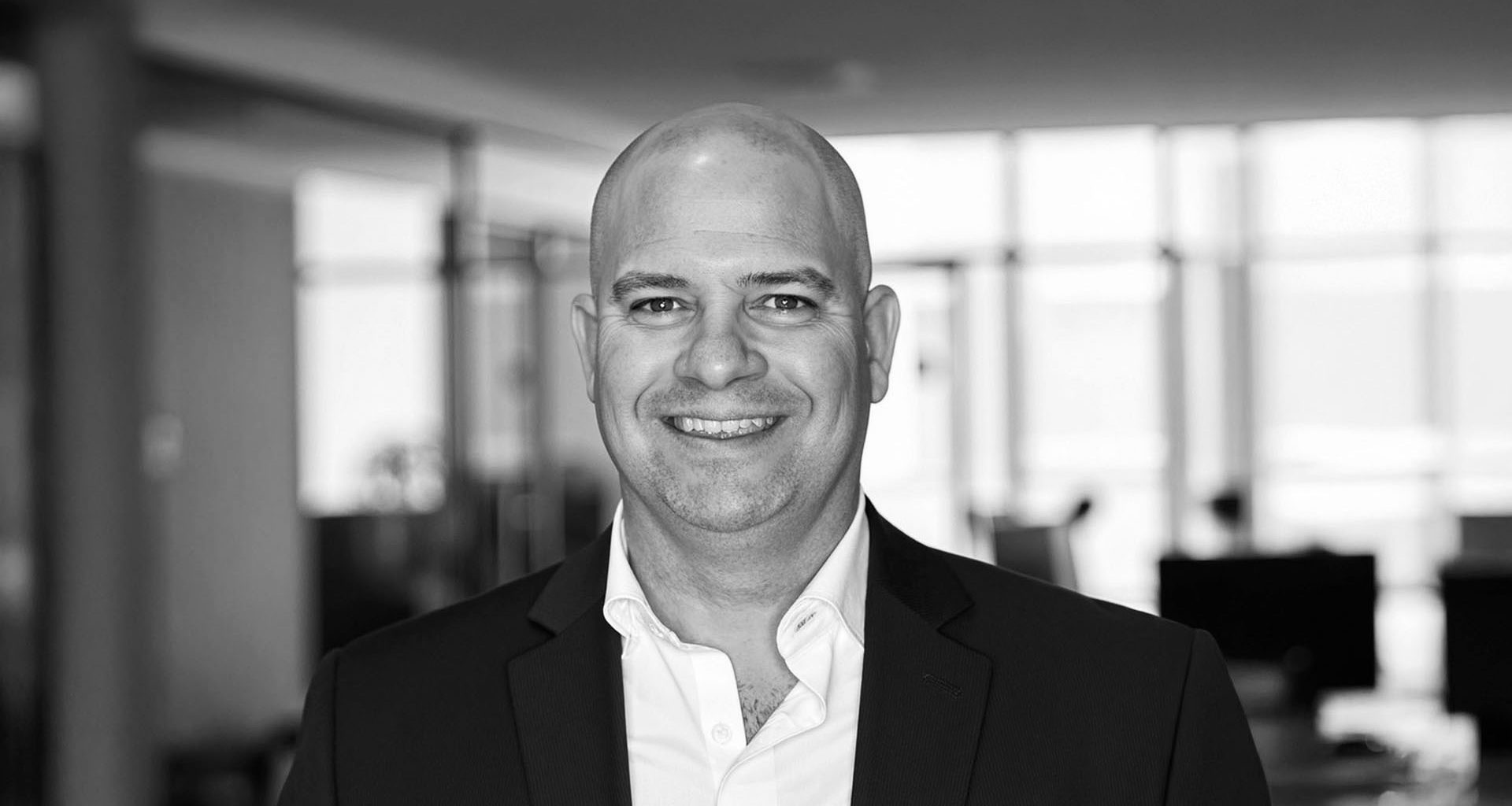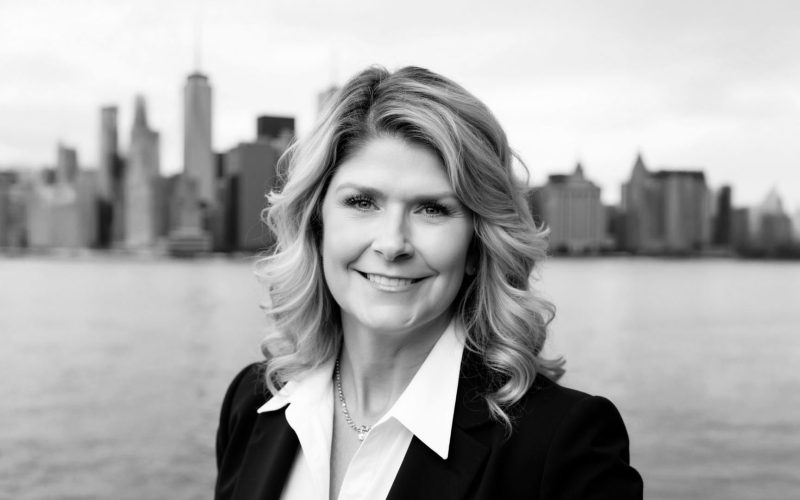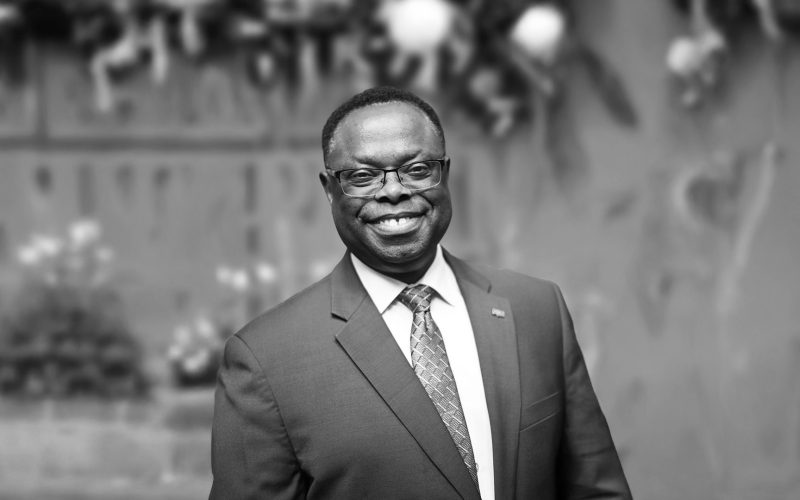Chad C. Paris has spent more than fifteen years transforming sales organizations by steering them toward structure, resilience, and measurable performance. He believes the strength of a sales organization is most clearly defined by its willingness to treat sales as the engine of long-term value creation. For Paris, too many companies hand teams the keys without giving them the map. “If I gave you a Ferrari but never taught you how to drive it, how far would you get?” His approach to building high-performance sales teams rests on three core pillars: recruiting resilient talent, coaching with consistency, and measuring what genuinely drives growth.
1. Recruiting for Resilience
Sales is all about people, which is why a central part of his approach to building high-performance sales teams begins there. In any sales environment, regardless of industry, recruitment must be seen as a measure of genuine drive. “Resumes do not close deals. Resilience does,” he says. Throughout his leadership roles, he has consistently found that high performers share three traits: curiosity, hunger, and coachability. These are the qualities that weather long sales cycles, unpredictable markets, and ambitious revenue targets.
Behavioral interviews, practical scenarios, and open conversations about adversity help Paris filter candidates who do more than perform well on paper. Some of his most successful hires came from unconventional backgrounds, yet they thrived because they embraced development and owned their results.
2. Coaching as a Daily Discipline
Building on his commitment to developing resilient talent, Paris’s own leadership style centers on visibility and shared accountability. He believes great teams are not formed through sporadic performance reviews but through coaching that is embedded in everyday operations. “You do not build championship teams by shouting from the sideline. You get on the field and you lead them,” he says.
At Attic Breeze, where he served as Senior Vice President of Sales and Marketing, Paris implemented weekly huddles, live dashboards, and peer-led strategy sessions. These rituals turned coaching into a cultural constant rather than a corrective measure. By giving teams a clear scoreboard, Paris helped them understand both their individual contributions and the collective trajectory of the business. This visibility supported not only performance but also engagement. Sales professionals who understand the playbook execute with confidence and collaboration.
3. Prioritizing Outcomes Over Activity
The third pillar of Paris’s philosophy focuses on measurement. Many organizations confuse busyness with productivity, a trap that leads to bloated pipelines and misaligned incentives. Paris argues that activity equals achievement only when that activity is tied to meaningful metrics. “Focus on metrics that matter: customer satisfaction, deal velocity, lifetime value.” He encourages leaders to evaluate these indicators more closely than emails sent or calls logged.
Celebrating outcomes rather than outputs encourages teams to think strategically about the customer journey. It shifts the narrative from motion to impact. It also helps to build a culture where wins become shared victories, learning is normalized, and performance naturally accelerates. The result is a disciplined yet energized environment that supports sustainable growth.
Turning Teams into Growth Engines
Across early stage companies and established enterprises alike, Paris has demonstrated that strong sales leadership is not defined by pressure but by structure. His work in developing GTM strategies, deploying operational tools, and guiding cross-functional teams underscores a belief that sales success depends on more than closing transactions. It requires coordination between people, processes, and markets. High-performance sales teams are intentionally built, consistently coached, and aligned with a strategy that values both people and performance, which is why Paris encourages executives to reflect on the efficiency of their own systems first. “Ask yourself whether you are driving a Ferrari or still pedaling a bike with square wheels.”
Follow Chad C. Paris on LinkedIn or visit his website for more insights.

